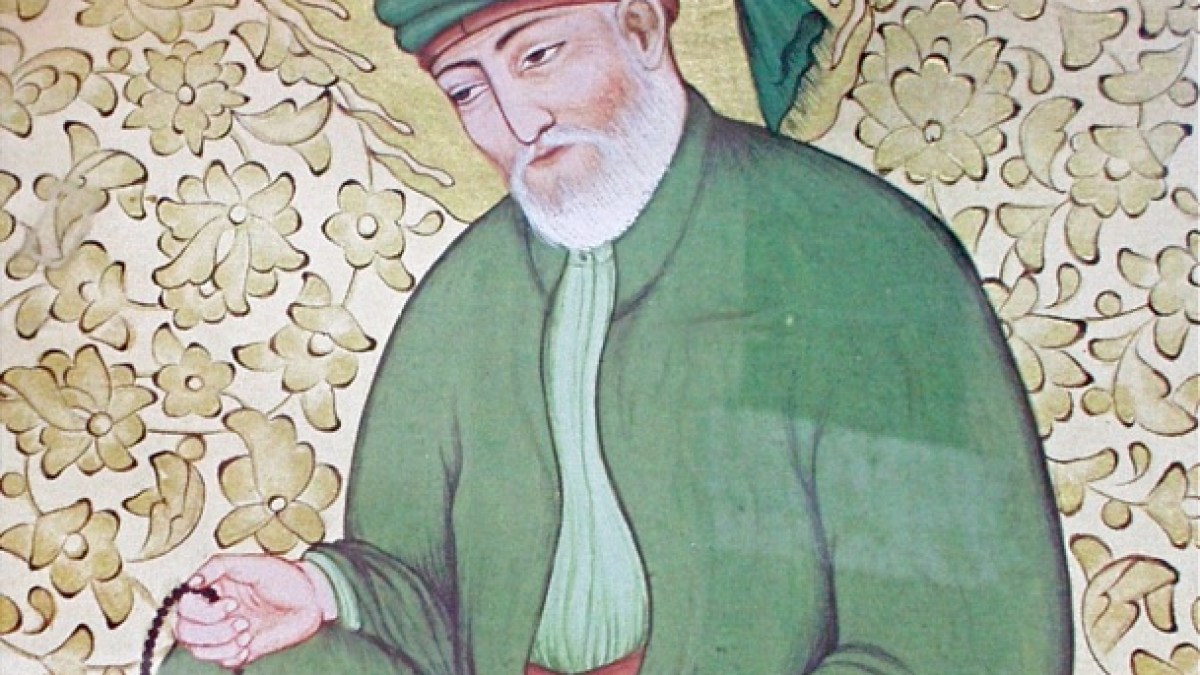
A tale of two Rumis – of the East and of the West
Al Jazeera
Exactly 750 years after death, Jalaluddin Mohammad Rumi remains a mystery. Was he a Muslim scholar or spiritual pundit?
Jalaluddin Mohammad Rumi’s spiritual poems and perpetual wisdom have transcended time and cultures.
Seven hundred and fifty years after his death, the celebrated Persian thinker remains a best-selling poet in the West, revered as an Islamic dervish in the East, while his sagacious thoughts rule the internet.
When he died on December 17, 1273, aged 66, the streets of Konya, in present-day Turkey, were filled with mourners from multiple creeds and nations, reflective of the cosmopolitan society that lived in 13th century Anatolia – it was a time when the cross-cultural exchange of ideas and arts prospered.
At his funeral, his followers, who also included Jews, Christians, and Zoroastrians, each recited from their own scriptures.
This year too, on Sunday, the man posthumously known by his nisbah (a name indicating one’s origins) Rumi, will be honoured by his followers on Sheb-i Arus – meaning wedding night in both Persian and Turkish.











